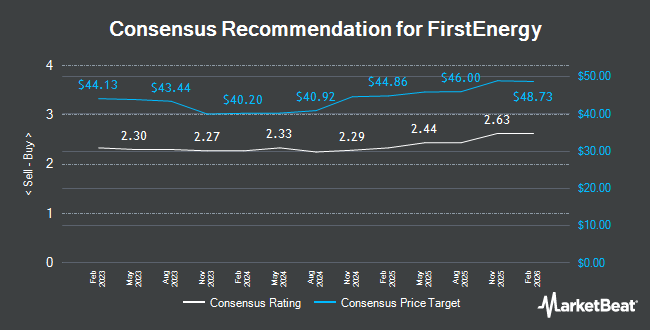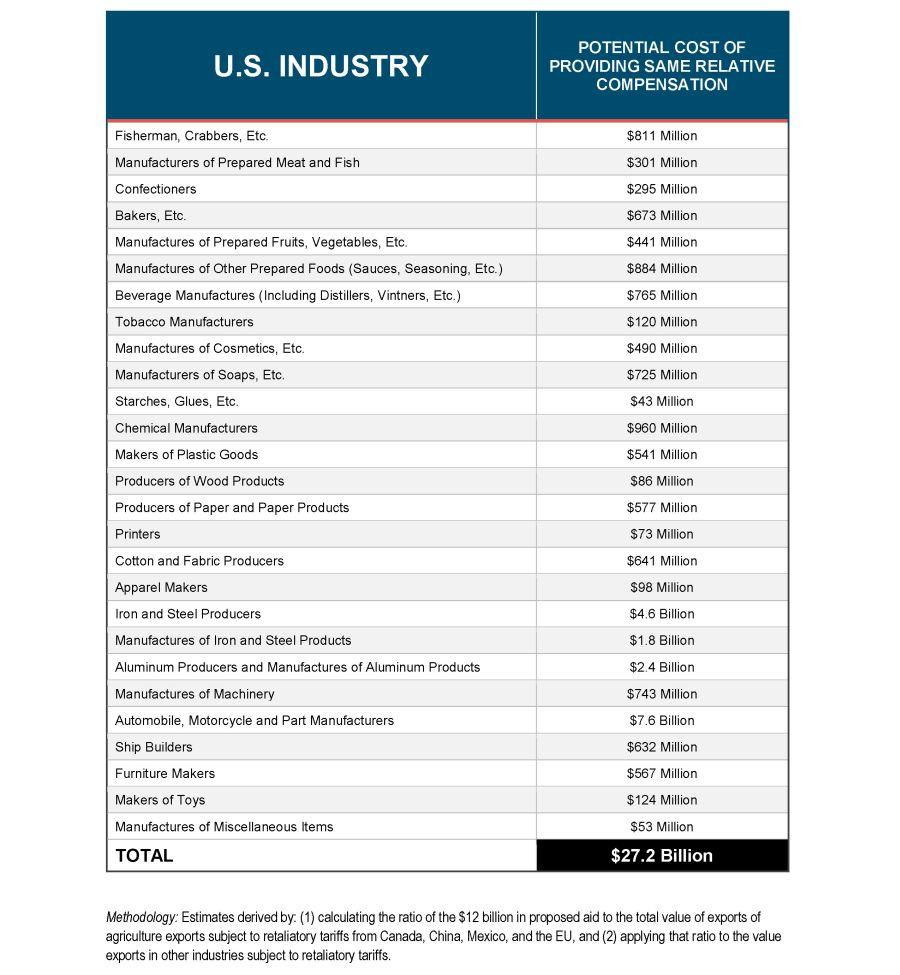 FirstEnergy (NYSE:FE) was upgraded by equities research analysts at TheStreet from a “c+” rating to a “b” rating in a research note issued on Tuesday.
FirstEnergy (NYSE:FE) was upgraded by equities research analysts at TheStreet from a “c+” rating to a “b” rating in a research note issued on Tuesday.
Several other research firms have also recently weighed in on FE. Bank of America boosted their price target on FirstEnergy from $38.00 to $39.00 and gave the stock a “buy” rating in a research note on Wednesday. Zacks Investment Research upgraded FirstEnergy from a “hold” rating to a “buy” rating and set a $40.00 price target for the company in a research note on Tuesday, July 17th. Morgan Stanley boosted their price target on FirstEnergy from $36.00 to $39.00 and gave the stock a “buy” rating in a research note on Monday, July 16th. Barclays began coverage on FirstEnergy in a research note on Tuesday, July 10th. They issued an “equal weight” rating and a $39.00 price target for the company. Finally, Howard Weil began coverage on FirstEnergy in a research note on Tuesday, July 24th. They issued a “sector outperform” rating and a $39.00 price target for the company. Five investment analysts have rated the stock with a hold rating and eleven have given a buy rating to the company’s stock. The company presently has a consensus rating of “Buy” and an average target price of $37.36.
Get FirstEnergy alerts:
FirstEnergy traded down $0.13, hitting $36.33, during mid-day trading on Tuesday, Marketbeat.com reports. The company had a trading volume of 313,128 shares, compared to its average volume of 3,826,354. The company has a current ratio of 0.46, a quick ratio of 0.40 and a debt-to-equity ratio of 2.32. FirstEnergy has a 12 month low of $29.33 and a 12 month high of $37.00. The company has a market capitalization of $16.90 billion, a price-to-earnings ratio of 11.88, a price-to-earnings-growth ratio of 2.48 and a beta of 0.24.
FirstEnergy (NYSE:FE) last released its earnings results on Tuesday, July 31st. The utilities provider reported $0.62 EPS for the quarter, topping the Thomson Reuters’ consensus estimate of $0.53 by $0.09. FirstEnergy had a positive return on equity of 23.87% and a negative net margin of 4.60%. The business had revenue of $2.70 billion for the quarter, compared to the consensus estimate of $2.56 billion. During the same period in the previous year, the company posted $0.61 earnings per share. equities research analysts predict that FirstEnergy will post 2.38 EPS for the current year.
A number of institutional investors have recently bought and sold shares of the stock. First Trust Advisors LP increased its position in FirstEnergy by 67.2% during the second quarter. First Trust Advisors LP now owns 398,942 shares of the utilities provider’s stock valued at $14,326,000 after acquiring an additional 160,373 shares during the last quarter. Connor Clark & Lunn Investment Management Ltd. purchased a new stake in FirstEnergy during the second quarter valued at $979,000. NuWave Investment Management LLC increased its position in FirstEnergy by 120.4% during the second quarter. NuWave Investment Management LLC now owns 16,388 shares of the utilities provider’s stock valued at $588,000 after acquiring an additional 8,953 shares during the last quarter. IMA Wealth Inc. purchased a new stake in FirstEnergy during the second quarter valued at $180,000. Finally, Cognios Beta Neutral Large Cap Fund LP purchased a new stake in FirstEnergy during the second quarter valued at $616,000. Institutional investors own 95.15% of the company’s stock.
FirstEnergy Company Profile
FirstEnergy Corp., through its subsidiaries, generates, transmits, and distributes electricity in the United States. The company operates through Regulated Distribution, Regulated Transmission, and Competitive Energy Services segments. It owns and operates coal-fired, nuclear, hydroelectric, oil and natural gas, wind, and solar power generating facilities.
See Also: Short Selling – Explanation For Shorting Stocks

 iShares Treasury Floating Rate Bond ETF (NYSEARCA:TFLO) announced a monthly dividend on Wednesday, August 1st, Wall Street Journal reports. Stockholders of record on Thursday, August 2nd will be paid a dividend of 0.0753 per share on Tuesday, August 7th. This represents a $0.90 dividend on an annualized basis and a dividend yield of 1.80%. The ex-dividend date is Wednesday, August 1st. This is a positive change from iShares Treasury Floating Rate Bond ETF’s previous monthly dividend of $0.07.
iShares Treasury Floating Rate Bond ETF (NYSEARCA:TFLO) announced a monthly dividend on Wednesday, August 1st, Wall Street Journal reports. Stockholders of record on Thursday, August 2nd will be paid a dividend of 0.0753 per share on Tuesday, August 7th. This represents a $0.90 dividend on an annualized basis and a dividend yield of 1.80%. The ex-dividend date is Wednesday, August 1st. This is a positive change from iShares Treasury Floating Rate Bond ETF’s previous monthly dividend of $0.07. 